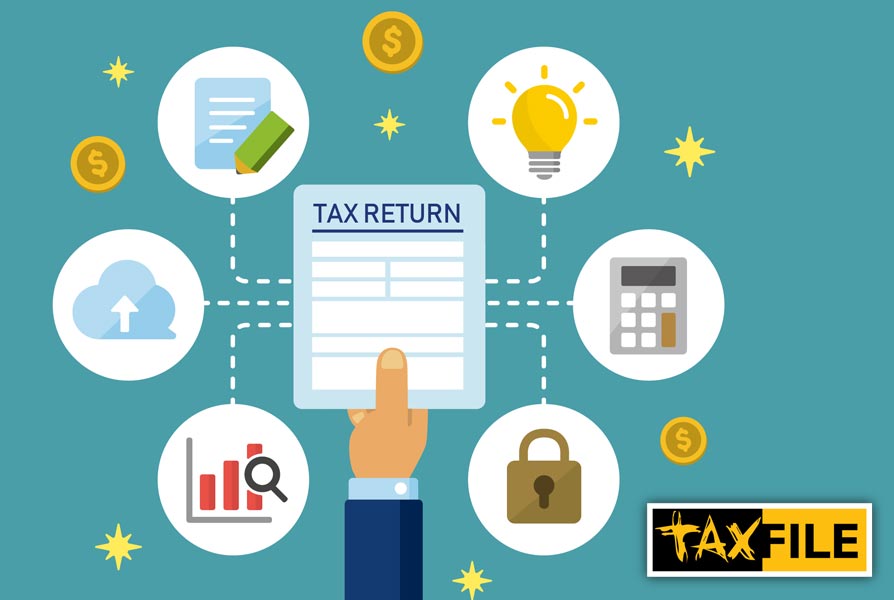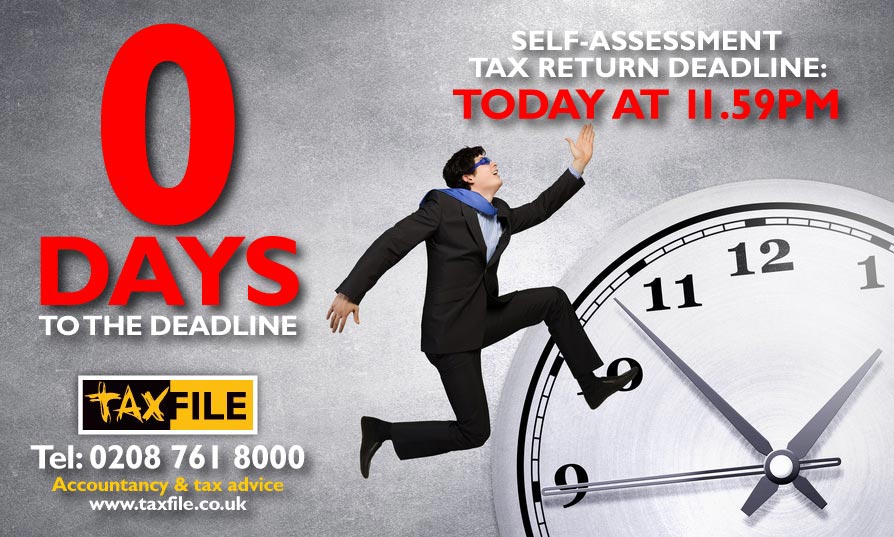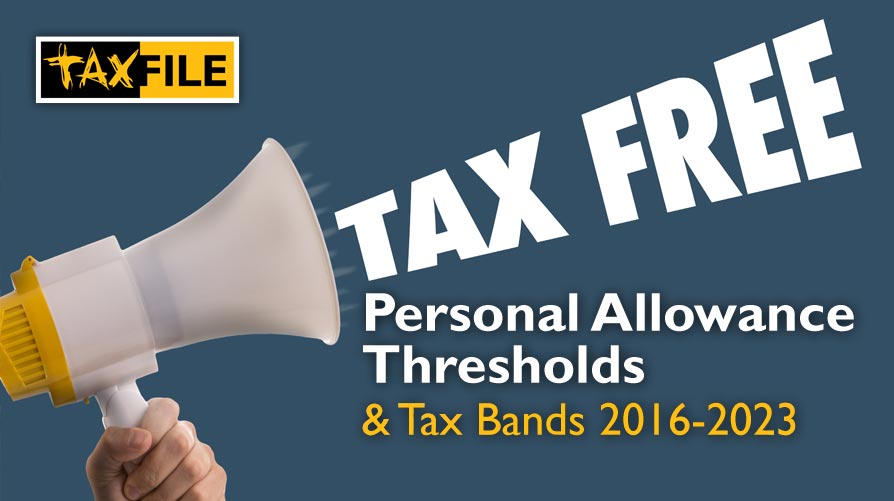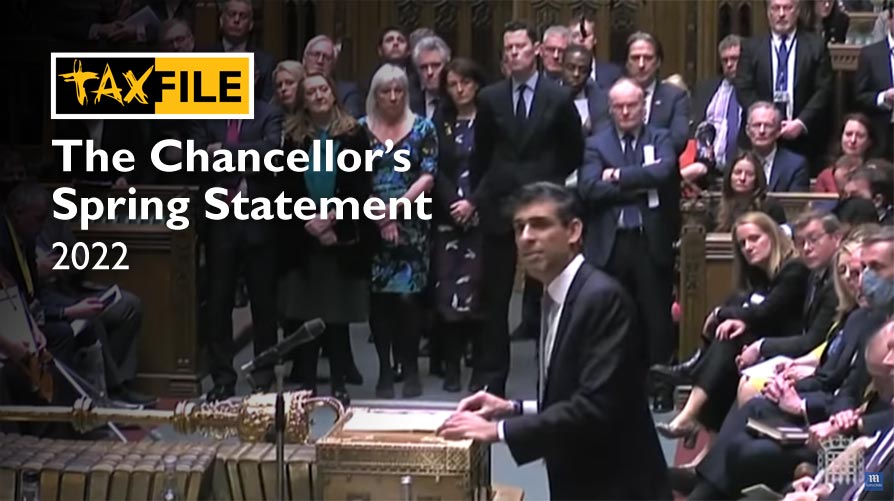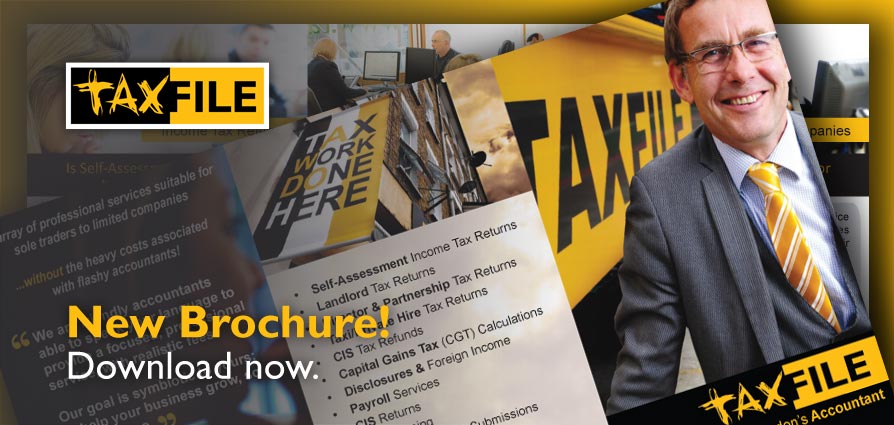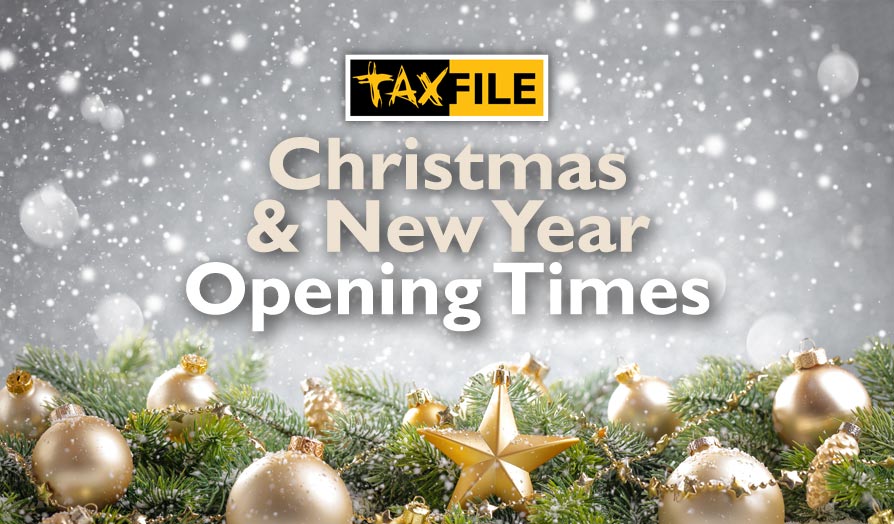Saturday Appointments Available — Book Now for Tax Returns & More

Taxfile is open on Saturdays until the end of January, by appointment, with this coming Saturday 24 January 2026 opening from 9 am to 5 pm. We’re also open on Sunday 25 January, from 10 am to 5 pm, by appointment. Weekend appointments might be useful if you need to see us for your 2024/25 tax return, or any other accountancy work, but can’t do it on a weekday. Weekend slots are limited, so please book in urgently if a weekend appointment suits you — before slots are all taken. Late appointments are also available on Mondays and Tuesdays, when we open until 6pm during January, or choose any other weekday if you can come earlier. Please see the footer of our website for latest opening times.
Book in on 0208 761 8000 or book your appointment online (here). We are happy to do virtual (video/phone) or physical appointments at our Tulse Hill office in Thurlow Park Road — whichever suits you best.

